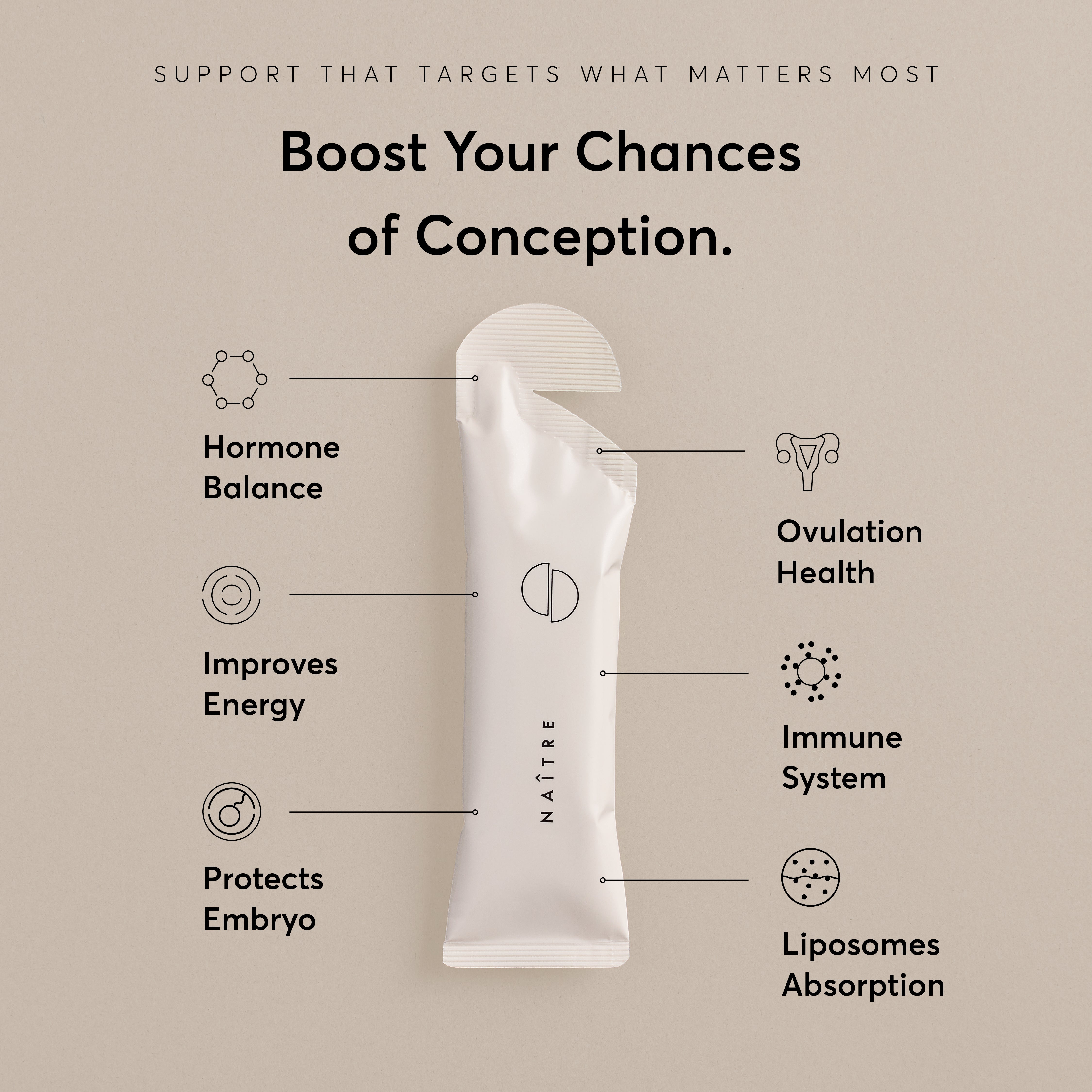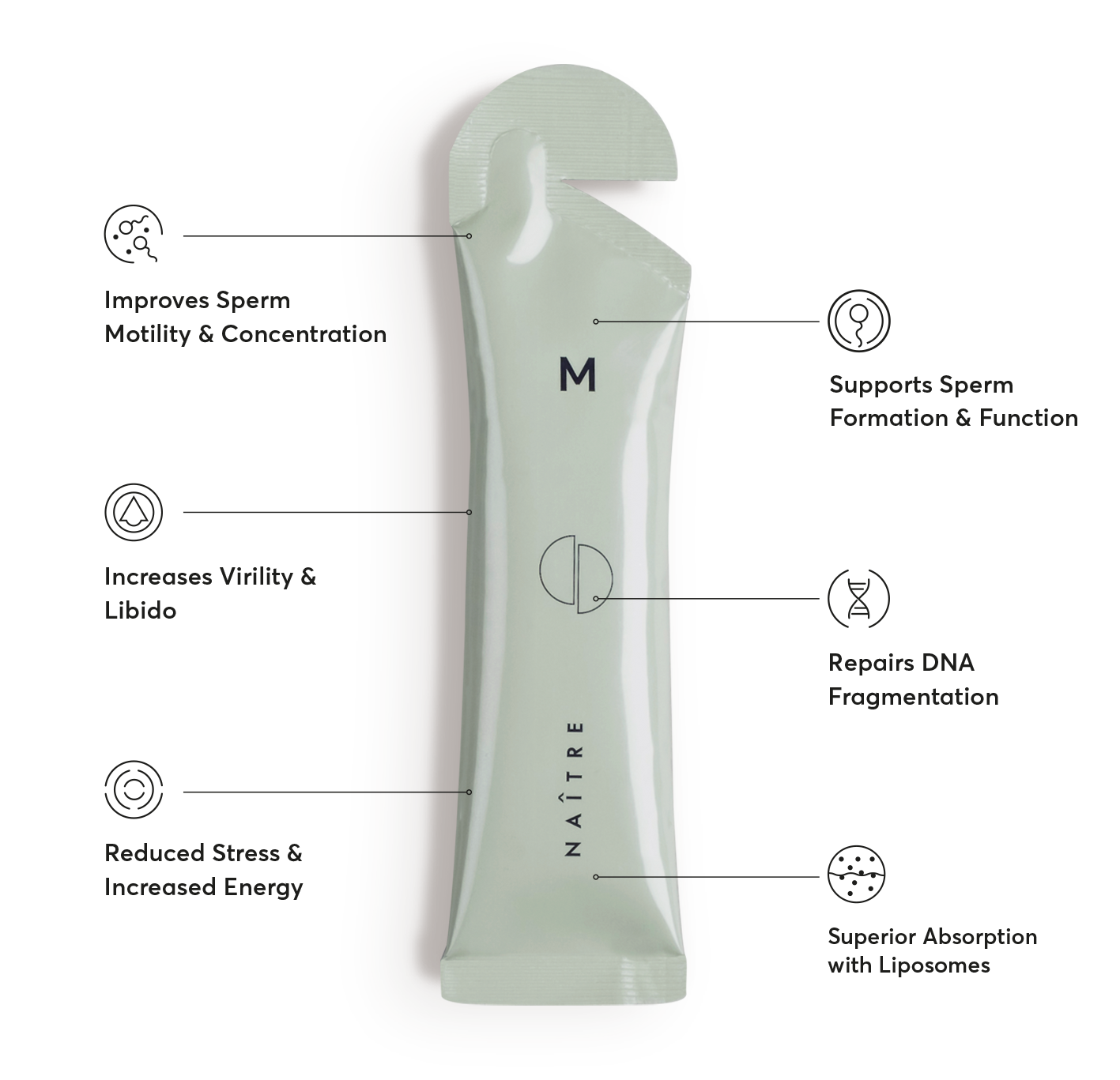
No matter when your miscarriage took place, it can be very distressing, and the sadness of the situation can still linger for months, even years after it has happened.
This is why today we are discussing the things to do and try to action that could help you feel you can cope that bit better after going through such a traumatic event. Remember, it is always important to take it easy and be kind to yourself and know that you should not blame yourself ever for a miscarriage. Going through a miscarriage also does not mean you should give up on your dream of being a mother or a father.
How Common is Miscarriage in the UK, and What Can Cause a Miscarriage?
Miscarriage, by definition, means losing a baby before the 23rd week of pregnancy. According to the NHS, it is estimated that 1 in 8 pregnancies in the UK will end in miscarriage, with 75% said to happen in the first 12 weeks of pregnancy.
There are many reasons that a miscarriage can happen, but the most common cause is genetic abnormalities in the first trimester, including from abnormal genetic material within the sperm. When a miscarriage happens in the second trimester, it is usually for other reasons including chronic health conditions that affect the mother (such as uncontrolled diabetes). Other factors that can increase the risk include smoking, taking illegal drugs, heavy drinking, being in an abusive relationship, and some invasive prenatal tests.
Talking After a Miscarriage Helps Speed Up the Healing Process
So, miscarriage as we can see from the NHS stats, is sadly very common in the UK and can and does happen to anyone - including people who take good care of themselves. Often, miscarriages occur due to events outside of our control and in some cases, the true cause will never be known. It is also important to know that many women who have had a miscarriage go on to have a healthy and successful pregnancy in the future.
Talking about the miscarriage itself, however, is not always easy, especially if it happened recently. Pregnancy loss might also be the conversation couples wish to talk about the least, which can cause further stress on a relationship and prevent healing to happen. However, it can be very helpful when looking to heal from a miscarriage if both partners discuss their grief, anger or depression they might be feeling after this deeply traumatic experience. An experience that can be internalised differently for everyone who goes through it.
If you are ready to talk, find out if your partner is also. But do not force anyone into talking if they are not ready. As people can grieve in different ways. However, it is a good idea to set a rough date to speak about the miscarriage and pencil something in the diary and have preset boundaries so as not to cause a fight and further stress. When you do speak, allow each person a turn for expressing how they feel, and simply try to listen to and not judge or speak over your partner, as this can shut people down, stopping them speaking any further.
It can be helpful to see a qualified therapist to help continue healthy talking and to learn how to talk healthily and productively, especially if this has not been a strong point in the relationship before the miscarriage.
The NHS has a full list of talking therapy services available for free, and to access them, it is important to speak to your doctor first who will get the ball rolling and enable you to get on the waiting list. Sometimes the waitlist is not very long but do stress to them if it is urgent and affecting your day-to-day life.
There is also a free helpline available in the UK through Tommy’s Pregnancy Hub, which has trained midwives available between Monday and Friday 9 am until 5 pm and can be reached on the following number: 0800 014 7800
Other miscarriage support groups are available in the UK such as the Miscarriage Association.
Focus On Becoming the Healthiest Version Of You
Taking the time to speak is one very important step towards healing from a miscarriage. But even when we speak about healing from a miscarriage, it does not mean you will ever forget what happened, instead day to day life will become easier and there will be fewer triggers that remind you of the miscarriage itself.
Another way to start healing is to focus on becoming the healthiest version of you - whether or not you want to try to conceive again in the future. Taking care of yourself is always important.
Some important areas to address for health in general and that apply to increase your chances of getting pregnant again in the future include:
- Reduce or Cut Caffeine - High doses of caffeine has been linked to causing anxiety, sleeping problems, tremors and agitation. High intakes have also been linked to increasing the chances of miscarriage. So it is wise to limit caffeine intake to no more than 200mg per day or if you notice adverse effects such as those listed, to cut it out completely as this may be a sign your body simply cannot process it well.
- Folate vs. Folic Acid - Folate is the natural version of folic acid, so if you are currently using a prenatal vitamin (or regular multivitamin) that contains folic acid it is important to have a conversation about switching to one that contains folate. This is especially if you have the MTHFR gene that can lead to high levels of blood homocysteine and cause low levels of folate (as well as other vitamins).
- Quit Smoking, Drinking & Drug Taking - The health-damaging effects from these behaviours include; premature death, increased risk of developing cancer and negatively affecting the reproductive organs. Even drugs like cannabis can cause long term consequences to health. So if you need help quitting any of these things try quitting them slowly, especially if you have multiple addictions. If this does not help speak to your doctor who can offer good suggestions and support, especially as mood swings can occur when quitting alcohol and drugs, you may benefit from someone impartial helping to support you. Also, the UK charity Mind offers resources and support on addiction and dependency.
- Achieving a Healthy Weight - Being a healthy weight is important to lower your risk of heart disease, stroke, diabetes, high blood pressure and different types of cancer. Being overweight can also increase your chances of infertility. If you are struggling to lose weight through the usual ways (such as healthy eating and moderate exercise), speak to your doctor to see if a thyroid issue is a cause.
Tests That May Help Support Your Future Pregnancy Goals
Above and beyond diet and lifestyle, if you are planning to conceive again after a miscarriage then the following tests may be of interest to support future pregnancy goals:
- Vitamin B12 and Vitamin D - Ensuring you have adequate nutrient levels is very important for fertility health as these make up the building blocks for a healthy environment, that then turns into the building blocks for growing a healthy baby. Although all the macro and micronutrients are needed, two nutrients that should be checked by your doctor specifically are Vitamin B12, and Vitamin D as these are frequently deficient in the UK. With Vitamin D, 1 in 5 people are deficient in the UK, and with Vitamin B12, 1 in 10 people are deficient. Also, carrying out these tests helps to find out if you need to be supplementing with these nutrients and how much (whether trying for another baby or not) as they are important for whole-body health everyday, not just when wanting to create a baby.
- Semen Analysis - Semen analysis tests check for abnormal genetic material within the sperm which is not analysed in conventional semen testing. This test can help assess genetic abnormalities not always picked up in routine semen screening, which is important as abnormal genetic material within sperm can cause male subfertility, IVF failure, and miscarriage.
- Genetic Carrier Screening - A genetic carrier screen test looks at the genes that are the building blocks of our DNA, of each partner in the couple. It can tell if either people in the relationship carry a gene that may be linked with certain genetic disorders. Doing this type of test before conceiving allows the couple to see their child’s risks of being born with a genetic disorder. It is important to know that everyone is at risk of having a child born with a genetic condition, even in people who have no family history or symptoms of a genetic disease. Knowing these types of risks beforehand can help a couple make informed decisions about any future children they may have.
Key Points When You Have Had a Miscarriage
It takes time to heal from a hugely significant event such as a miscarriage, which is a broad term for losing a baby and includes all types, even ectopic pregnancies which are not always diagnosed.
It is important to take time to talk about this traumatic event so that the trauma can be dealt with, but do so when both parties in the couple are ready. Free help and advice is also available in the UK through many organisations. The NHS offers many different services tailored to people who have lost a baby, so do not suffer in silence with the after effects of a miscarriage - help is available. Also the pain you feel today can seem overwhelming and like it may never go away, reaching out for help is often the first step to feeling like you can cope and move towards healing.
Remember that it is important to see a doctor after you have a miscarriage to assess the cause, which is especially important if you wish to try again. If you have had two or more miscarriages it would be time to also see a doctor or even a fertility specialist if you have not already.






